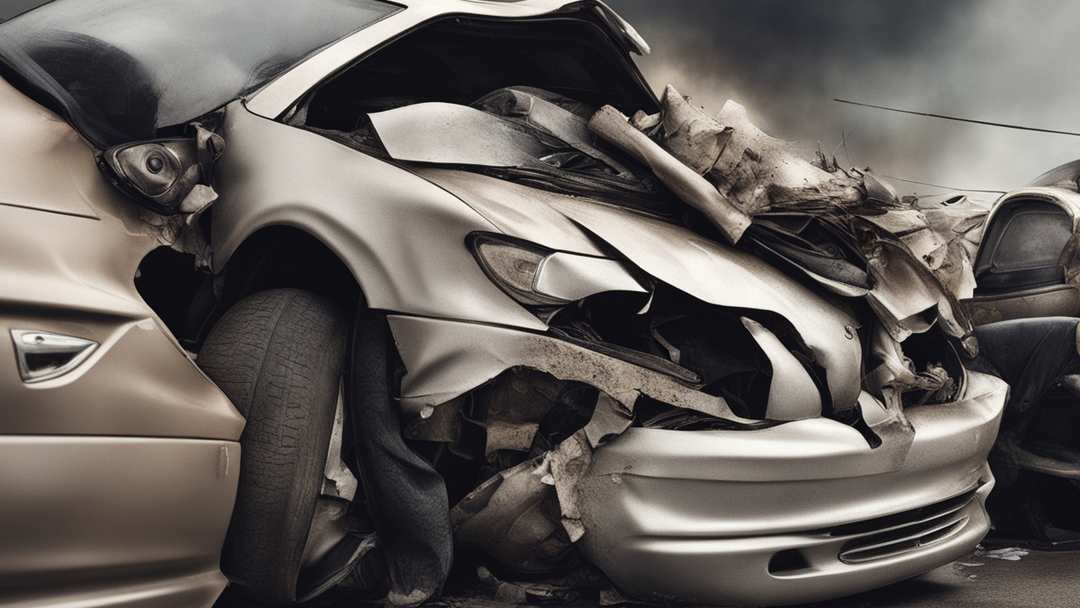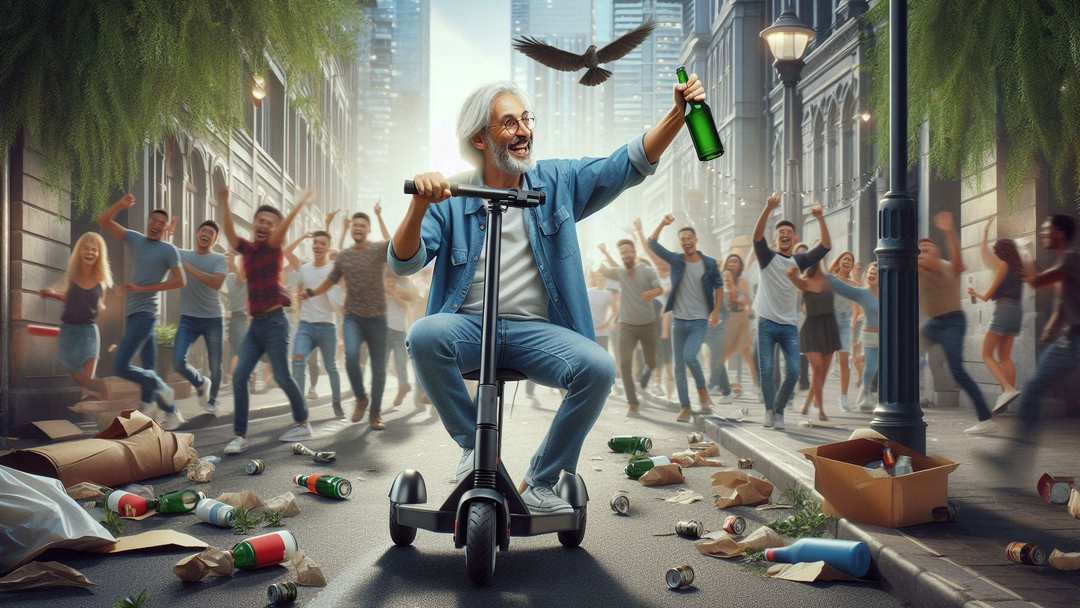Question: We recently got “Bird” scooters (electric skateboards) in our town. Are they considered a motor vehicle? Can I be arrested for drunk driving on an electric skateboard?
Answer: Public Act 204 of 2018 amended the Michigan Vehicle Code (MVC) by adding MCL 257.13f to define “electric skateboard” as a wheeled device with a floorboard to stand on that is not more than 60 inches long and 18 inches wide and is designed for only one person at a time. To be an electric skateboard, the device must have an electrical propulsion system that does not exceed 2,500 watts and a maximum speed on a paved level surface that does not exceed 25 mph. An electric skateboard may be designed to be powered by human propulsion, in addition to the electric propulsion system.
An electric skateboard is exempted from the definition of “motor vehicle” under MCL 257.33, but a person riding an electric skateboard “has all of the rights and is subject to all of the duties applicable to the driver of a vehicle.” MCL 257.657. Questions regarding an arrest for a violation of MCL 257.625 (Operating While Intoxicated) on an electric skateboard/horse, should generally be referred to your city attorney or local prosecutor.
Question: My husband saw on the news last night that golf carts were allowed on the county roads in the state of Michigan. Is this true?
Answer: MCL 257.657a authorizes a village or city of fewer than 30,000 people to allow the operation of golf carts on the streets of that village or city by resolution, and sets forth the requirements and restrictions in doing so. Similarly, a township of fewer than 30,000 people is also authorized to allow this under certain circumstances unless disapproved by the county board of commissioners.
Previously, it was possible to equip, register and insure your golf cart to be road legal as a low speed vehicle. However, the Michigan Department of State (MDOS) has announced that it will no longer process assembled vehicle title applications for vehicles manufactured as a golf cart and has requested law enforcement personnel to refuse or deny any request to complete a TR-54 Vehicle Number and On-Road Equipment Inspection for a golf cart. Additional information may be found on the MDOS website.
Golf carts that are currently titled and registered for on-road use will retain its current title and registration.
If the golf cart is not currently titled, registered, and insured for on-road use, and is not within one of the cities, villages or townships that has allowed on road use, it may only be operated on a highway under very limited circumstances if it meets the definition of an ORV as provided in MCL 324.81101 of the Natural Resources and Environmental Protection Act. The limited circumstances, such as crossing a street or highway at a right angle for the purpose of getting from one area to another, can be found in MCL 324.81122. Additionally, MCL 324.81131 authorizes local municipalities to pass an ordinance allowing the operation of ORV’s on streets within the municipality and sets forth the requirements and restrictions in doing so.
Question: I have a Polaris Ranger and want to know if I can operate it on the road?
Answer: As noted on the SOS website, certain off-road vehicles (ORVs), all-terrain vehicles (ATVs) and off-road dune buggies can be titled as an assembled vehicle for on-road use.
If this type of ORV is not currently titled, registered and insured for on-road use, it may only be operated on a highway under very limited circumstances if it meets the definition of an ORV as provided in MCL 324.81101 of the Natural Resources and Environmental Protection Act. The limited circumstances, such as crossing a street or highway at a right angle for the purpose of getting from one area to another, can be found in MCL 324.81122.
Additionally, MCL 324.81131 authorizes local municipalities to pass an ordinance allowing the operation of ORV’s on streets within the municipality and sets forth the requirements and restrictions in doing so.
Question: Where can I legally ride a goped?
Answer: A goped, while not specifically defined in the Michigan Vehicle Code, does fall under the definition of a moped (MCL.257.32b) . Mopeds are required to have certain equipment such as; a headlight, brake light, seat, horn, muffler, and brakes on each wheel, in order to be legally operated on the roadway. In addition, the operator of a moped must be at least 15 years of age, have a moped license or an operator/chauffeur license, and the vehicle must be registered with the Department of State and display a valid registration plate. Finally, a person operating a moped must wear an approved crash helmet if they are under 19 years of age.
Because gopeds are not equipped with the required equipment they cannot be legally driven on the roadway. Also, by definition they are a motor vehicle and therefore cannot be driven on a sidewalk constructed for use by pedestrians.
Question: Can someone tell me what the laws in Michigan are for riding pocket bikes?
Answer: If the “pocket bike” has an engine displacement of 50cc’s or less, produces 2.0 brake horsepower or less, is capable of a top speed of no more than 30 mph, and the operator is not required/allowed to shift gears, then it may be legally classified as a moped. The document titled “Moped Requirements” lists the operational and equipment requirements for such motor vehicles. Most “pocket bikes” will not meet those requirements and therefore will not be street legal.
If the “pocket bike” has an engine displacement greater than 50cc’s then it is classified as a motorcycle and must meet the requirements applicable to that type of vehicle. Again, most “pocket bikes” will not meet these requirements.






